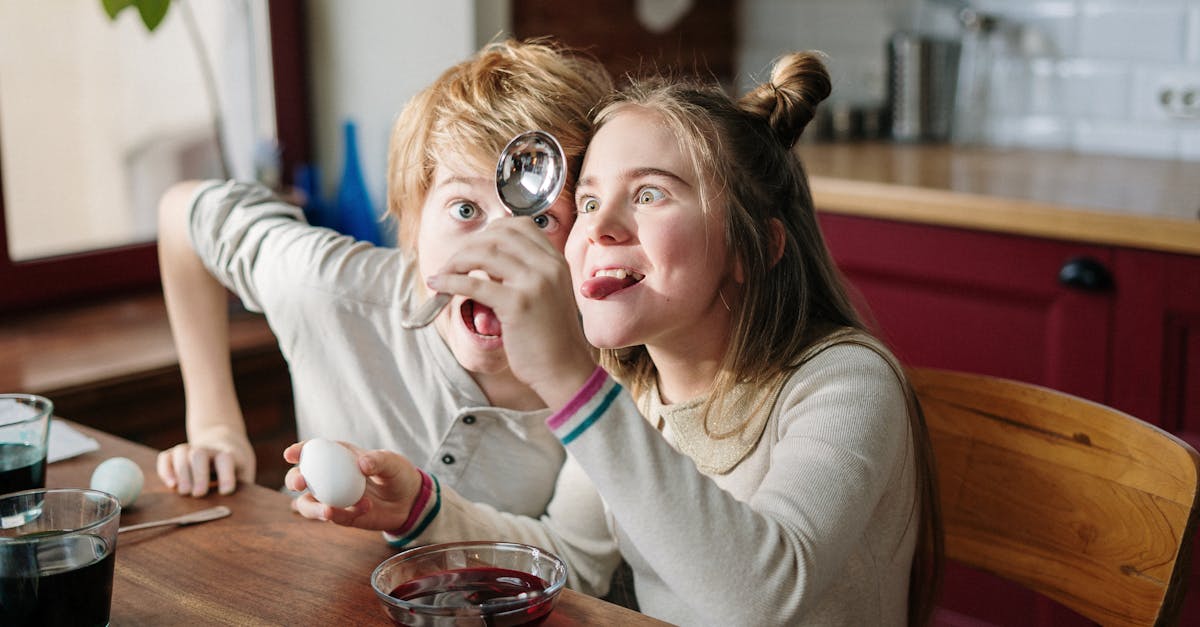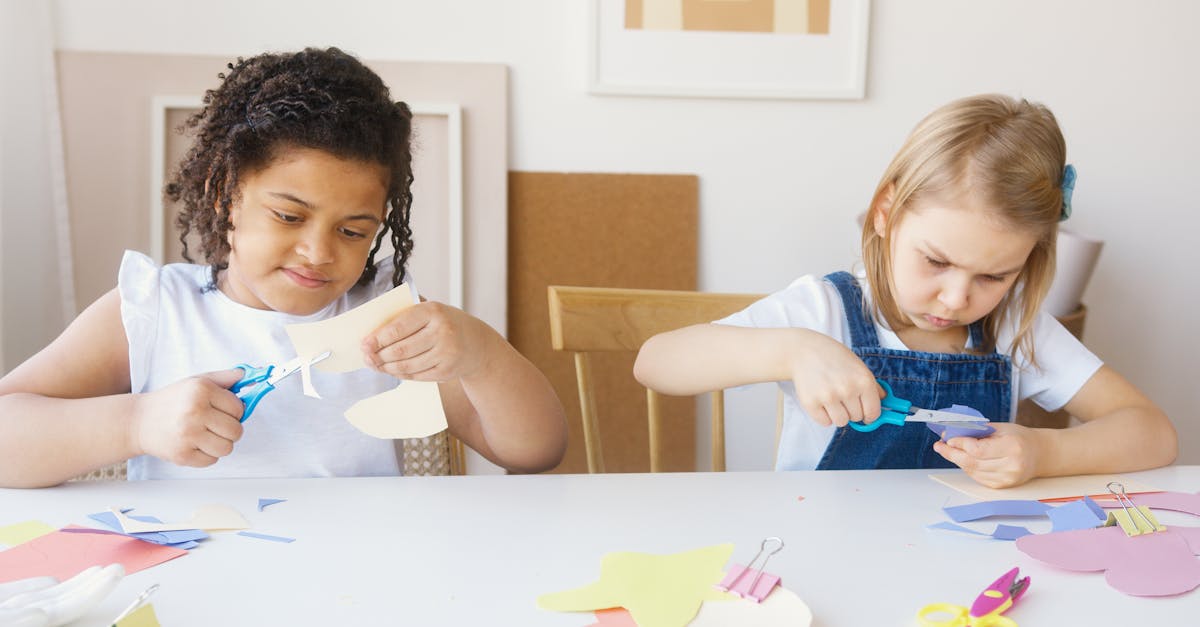Playdough Creations for Tiny Hands
Playdough is fantastic for developing fine motor skills in toddlers. Rolling, squishing, and shaping the dough helps strengthen little fingers and improves dexterity. You can introduce plastic cookie cutters to make fun shapes or create animals. This not only amuses toddlers but also strengthens their hand muscles. My toddler loves making ‘pancakes’ and ‘snakes’ out of playdough, and I often join in, making it a fun family activity. Playdough also offers endless creative possibilities, keeping your child engaged while developing crucial skills.

Sticker Art for Simple Masterpieces
Sticker art is simple yet fantastic for fine motor skill development. Peeling and sticking stickers can be challenging for tiny fingers, thus improving their grip and coordination. You can create themed art pieces like gardens or underwater scenes with various stickers. My son decorated his entire bedroom door with jungle animal stickers – it was both a workout and a masterpiece! Sticker art is a mess-free, creative activity that can keep young ones entertained while boosting their motor skills.

Button Sorting Fun
Button sorting is an excellent way to teach toddlers about colors and sizes while enhancing their fine motor skills. Give them a variety of buttons to sort into muffin tins or small containers. This activity requires precision and patience, perfect for developing hand-eye coordination.
My daughter loves sorting buttons into cupcake liners by color. It’s a quiet activity that buys me some time for myself while she learns and plays. Button sorting is educational, fun, and a great way to enhance fine motor skills.

Beaded Bracelets and Necklaces
Beaded jewelry making is a superb activity for fine motor skill improvement. Threading beads onto strings can be quite the challenge, but it’s very beneficial. You can start with larger beads and thick strings, gradually moving to smaller beads as their skills improve.
My kids and I often make ‘friendship bracelets’ with colorful beads – it’s a wonderful bonding activity. Not only does it enhance their hand-eye coordination, but it also fosters their creativity and attention to detail.

Painting with Q-Tips
Painting with Q-Tips is an exciting and unconventional way to develop fine motor skills. Using Q-Tips instead of brushes encourages toddlers to grip and control small objects better. This method allows them to create dot patterns, lines, or even mimic pointillism. My little artist enjoys creating starry night skies with Q-tips dipped in white paint. It’s less messy than traditional painting and provides excellent practice for their developing motor skills while fostering their creativity.

